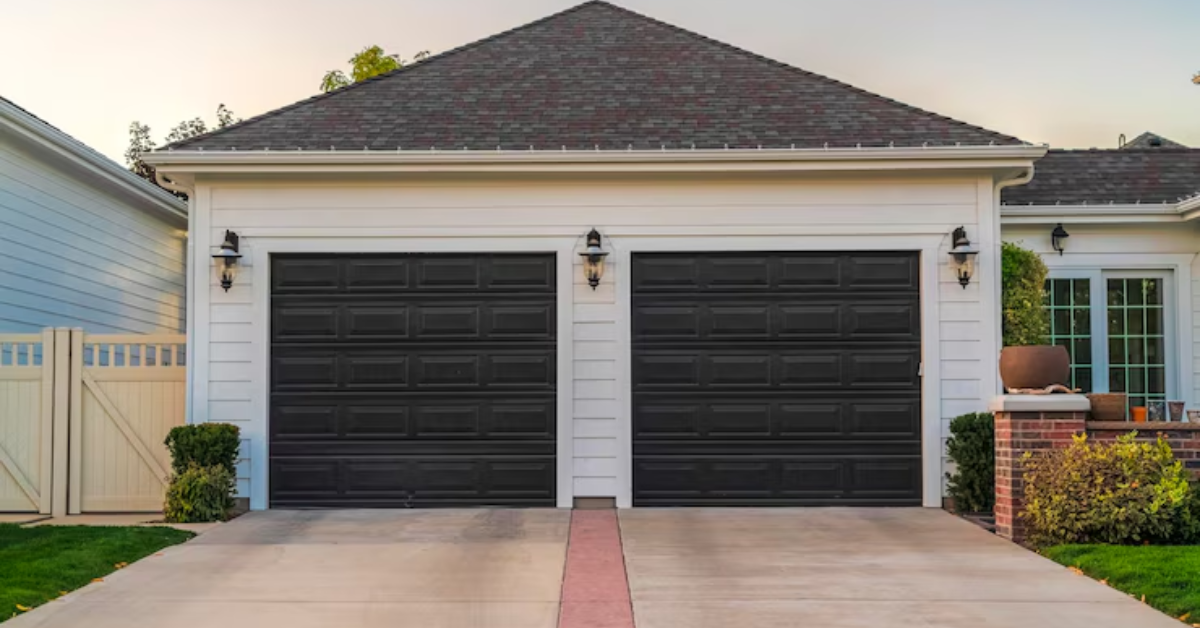Are All Garage Door Openers Motors The Same?
When it comes to garage door openers, many people assume that the motors driving them are all alike. However, this is far from the truth. Garage door opener motors vary significantly in terms of design, power, noise levels, and features. Choosing the right motor for your garage door is essential to ensure smooth operation, durability, and efficiency. In this article, we’ll dive into the different types of garage door opener motors, their unique characteristics, and what factors to consider when selecting the ideal motor for your needs.
Types of Garage Door Opener Motors
Garage door opener motors are designed to suit different types of doors and user preferences. Let’s explore the main types available:
- AC Motors (Alternating Current)
AC motors are the traditional choice for garage door openers. They are known for their reliability and durability. While they may not be as energy-efficient as newer models, they are still widely used for their cost-effectiveness.
- Advantages: Long-lasting and affordable.
- Disadvantages: Tend to be noisier and less energy-efficient compared to DC motors.
- DC Motors (Direct Current)
DC motors are more modern and have gained popularity due to their quiet operation and energy efficiency. These motors also offer smoother starts and stops, which reduces wear and tear on the garage door.
- Advantages: Quiet, energy-efficient, and smoother operation.
- Disadvantages: Typically more expensive upfront.
Differences in Motor Power
Another significant factor that distinguishes garage door opener motors is their power output. Motor power is typically measured in horsepower (HP) and directly impacts the motor’s ability to lift heavier garage doors.
- 1/3 HP Motors: Ideal for lightweight, single-car garage doors.
- 1/2 HP Motors: A common choice for most residential garage doors, offering a good balance of power and affordability.
- 3/4 HP Motors: Suitable for heavier or oversized garage doors, such as wooden or double doors.
- 1 HP Motors and Higher: Designed for industrial or commercial use, capable of handling very heavy doors.
Selecting the right motor power ensures efficient operation without straining the motor, which can extend its lifespan.
Noise Levels and Operating Mechanisms
The noise level of a garage door opener is another factor that varies among motors. Noise is influenced not just by the motor type but also by the drive mechanism used.
- Chain Drive: Chain drives are the most common and affordable option. However, they tend to be noisy, making them less ideal for garages located near living spaces.
- Belt Drive: Belt drives use a rubber belt instead of a chain, resulting in much quieter operation. They are ideal for homes where noise is a concern.
- Screw Drive: Screw drive openers use a threaded steel rod to move the door. They are quieter than chain drives but louder than belt drives.
- Direct Drive: Direct drive motors are the quietest option as they operate with a single moving part. They are often paired with DC motors for optimal performance.
If noise is a primary concern, opting for a DC motor with a belt or direct drive system is recommended.
Smart Features and Technology
Modern garage door opener motors often come equipped with advanced features, further differentiating them from one another. Some of these include:
- Wi-Fi Connectivity: Allows you to control your garage door remotely using a smartphone app.
- Battery Backup: Ensures the motor functions during power outages.
- Security Features: Rolling code technology and automatic locking add layers of security to your garage.
- Soft Start and Stop: Reduces wear and tear on the door and motor by preventing sudden jolts.
These smart features add convenience and enhance the overall user experience.
Factors to Consider When Choosing a Garage Door Opener Motor
- Garage Door Size and Weight: Heavier doors require more powerful motors. Consider the material and size of your garage door when selecting a motor.
- Location of the Garage: If your garage is attached to your home or near a bedroom, opt for a quieter motor, such as a DC motor with a belt drive.
- Frequency of Use: For doors that are frequently opened and closed, a durable and efficient motor, such as a DC motor, is a better choice.
- Budget: AC motors and chain drives are more affordable, while DC motors and belt drives come at a premium. Balance your budget with your requirements.
- Future-Proofing: Consider investing in a motor with smart features, especially if you’re upgrading other smart devices in your home.
Conclusion
Not all garage door opener motors are the same. From AC and DC motors to differences in power, noise levels, and smart features, there is a wide variety to choose from. Understanding these differences is crucial to selecting the right motor for your garage door, ensuring it operates efficiently and lasts for years to come.
By carefully considering factors such as door size, motor power, and additional features, you can make an informed decision that enhances the functionality and convenience of your garage door system. Whether you prioritize quiet operation, advanced technology, or durability, there’s a garage door opener motor that perfectly suits your needs.




